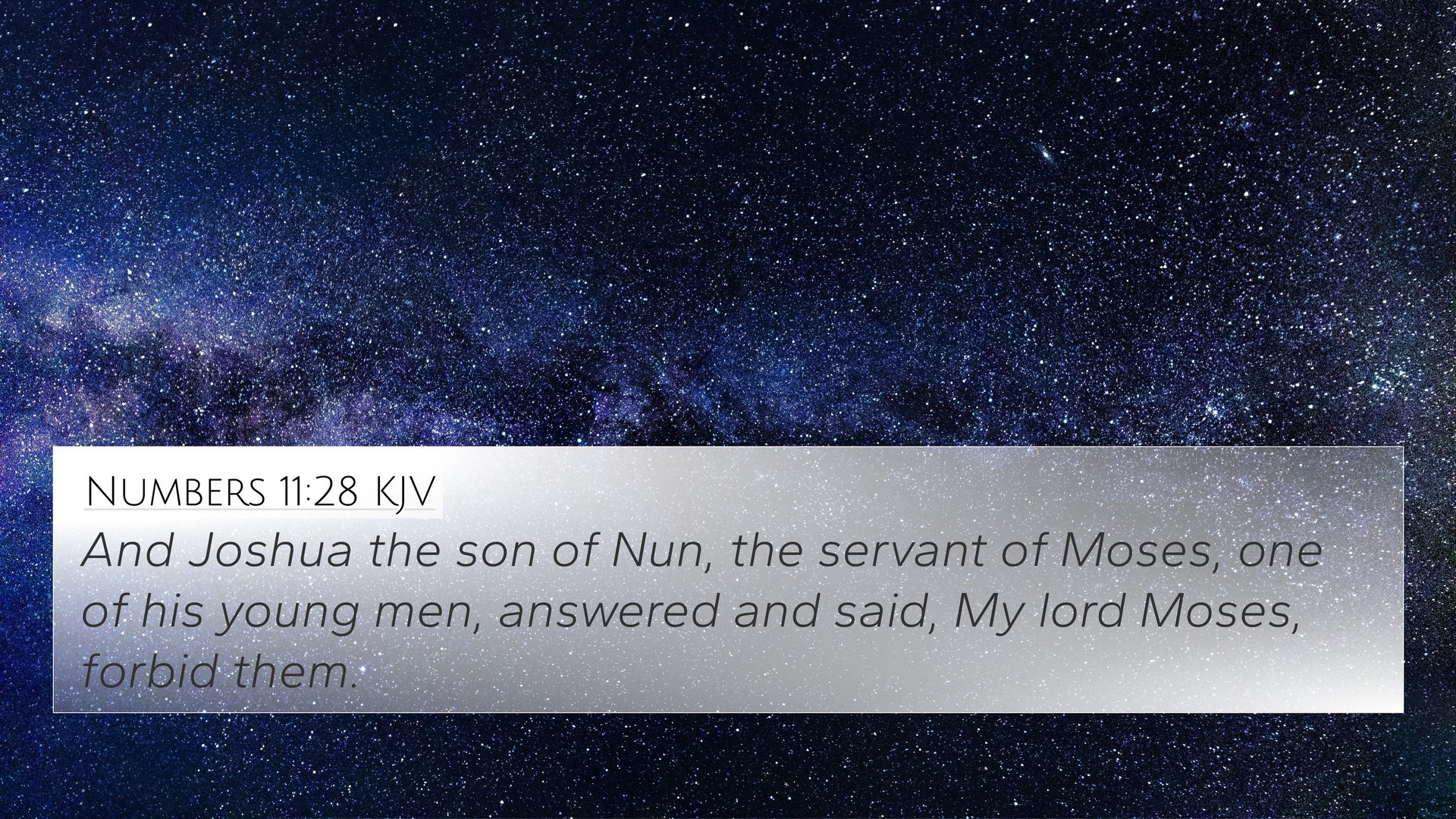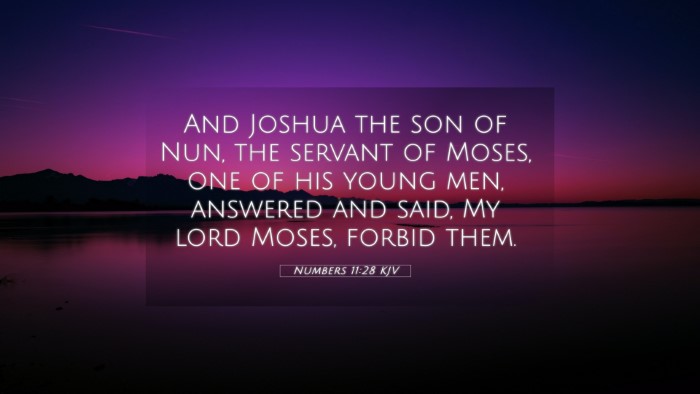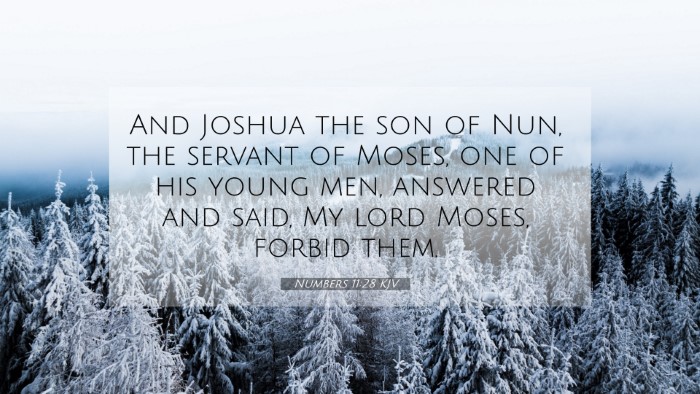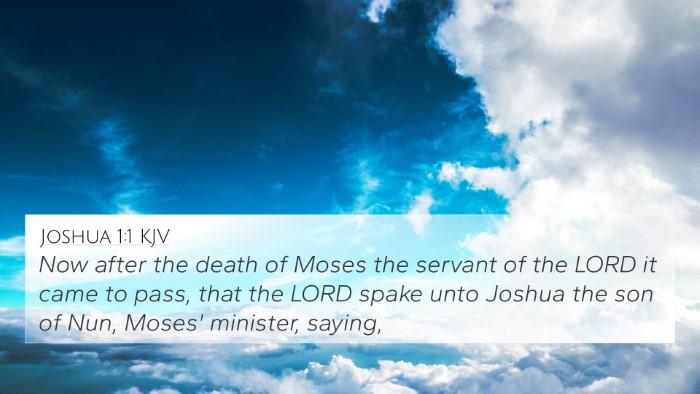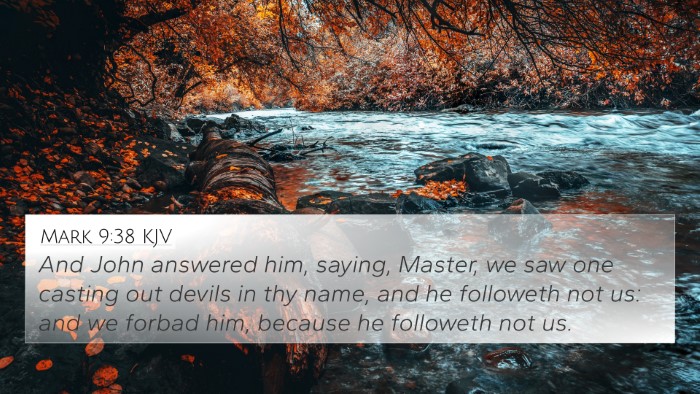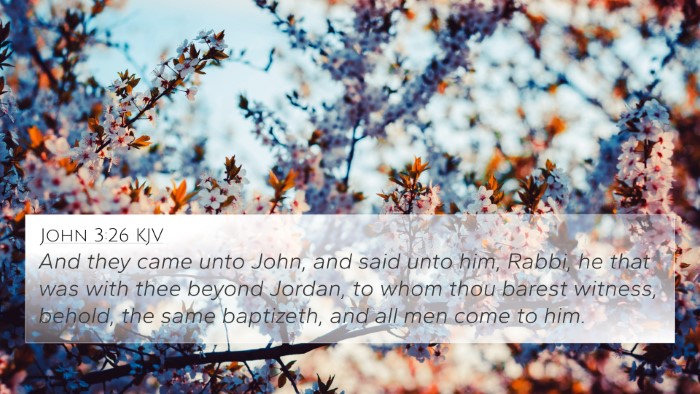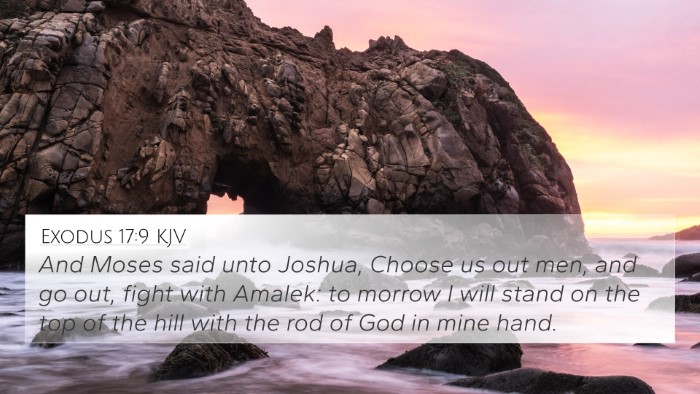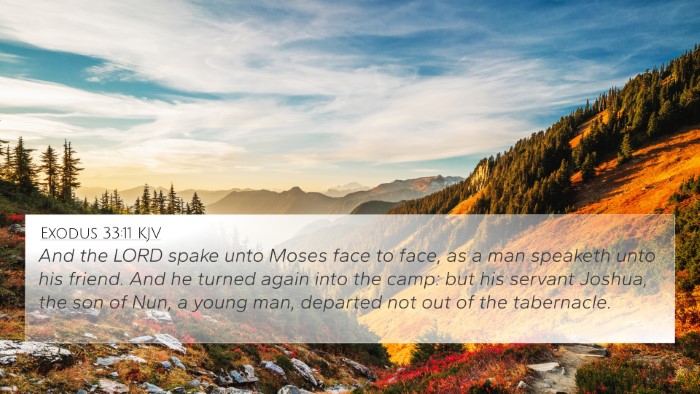Understanding Numbers 11:28
Numbers 11:28 states, "And Joshua the son of Nun, the servant of Moses, one of his young men, answered and said, My lord Moses, forbid them." This verse is a pivotal moment reflecting the dynamics of leadership and God's anointing within the framework of the Israelite community during their exodus from Egypt.
Key Themes and Insights
-
Leadership Dynamics: Joshua, as the servant of Moses, exhibits both loyalty and protectiveness over Moses' authority. This demonstrates the importance of recognizing and respecting divine leadership as ordained by God.
-
Jealousy and Rivalry: Joshua’s reaction reveals underlying tensions in the community concerning spiritual authority. His desire to prohibit unauthorized prophesying reflects a common theme of jealousy that can arise in spiritual contexts.
-
The Nature of Prophecy: The act of prophesying, particularly outside the established leadership, raises questions about who is qualified to speak for God. This illustrates God's broader intention to use His Spirit in varying contexts and people, not limited to established leaders.
Comparative Bible Verse Analysis
To understand Numbers 11:28 fully, it is beneficial to explore cross-references that demonstrate the connections between this verse and other Scriptures. Below are key verses that relate to leadership, prophecy, and the workings of the Holy Spirit:
- Exodus 24:13: This verse highlights Joshua's role as an assistant to Moses, establishing his connection to leadership.
- Numbers 11:29: Moses responds to Joshua, emphasizing God's spirit working through all His people, extending beyond traditional authority.
- Joel 2:28-29: God promises to pour out His Spirit on all flesh, indicating an expansion of prophetic voices beyond established leaders.
- Acts 2:17: Quoting Joel, Peter emphasizes the inclusive nature of the Spirit's ministry, resonating with Moses' desire for all to prophesy.
- 1 Corinthians 12:28: This outlines the roles within the body of Christ, suggesting divinely appointed leadership while acknowledging diverse gifts.
- Ephesians 4:11-13: Discussing the nature of church leadership, highlighting that Christ gifts leadership for the edification of the body.
- Romans 12:6-8: The context of spiritual gifts is crucial, where prophecy, teaching, and leadership are part of the community’s dynamic.
Thematic Bible Verse Connections
Exploring the connections between Bible verses enhances our understanding of Numbers 11:28. The parallels between the Old Testament motif of anointed leaders and the New Testament’s emphasis on the Holy Spirit illustrate continuity in God's plan:
-
Leadership and Humility: Reflecting on how Moses’ leadership is characterized by humility (Numbers 12:3), echoing the principles found in Matthew 20:26-28 about servant leadership.
-
The Role of the Community: Hebrews 10:24-25 encourages mutual encouragement in the faith community, aligning with the cooperative nature of prophecy and ministry in the early church.
-
Conflict Resolution: Galatians 5:26 advises against provoking one another, resonating with the jealousy evident in Joshua's reaction.
How to Use Bible Cross-References
Utilizing a Bible cross-reference guide can deepen your study of Numbers 11:28. By identifying related verses, you can engage in cross-referencing Bible study methods to explore themes and principles that extend beyond a single passage.
Tools for Bible Cross-Referencing
For an effective Bible study experience, consider using various tools:
- Bible Concordance: Find keywords and their occurrences throughout Scripture.
- Bible Chain References: Follow links between related passages to see the biblical narrative at work.
- Comprehensive Bible Cross-Reference Materials: Utilize resources such as cross-reference maps to visualize connections.
Conclusion
Numbers 11:28 encapsulates a critical moment of leadership transition and prophetic understanding. By linking this verse with others, we gain a holistic perspective on God's ongoing work through His chosen leaders and the diverse expressions of the Holy Spirit among His people. Improved comprehension of such themes is essential for both personal edification and communal growth within a faith-based context.
Further Reflections
As we reflect on Joshua's concerns and Moses' responses, consider your own place within your faith community. Are you encouraging the work of the Holy Spirit in others? How can the lessons from this passage inform your journey? Engaging with these insights through cross-referencing can enhance your spiritual understanding and conversations with others on similar journeys.
